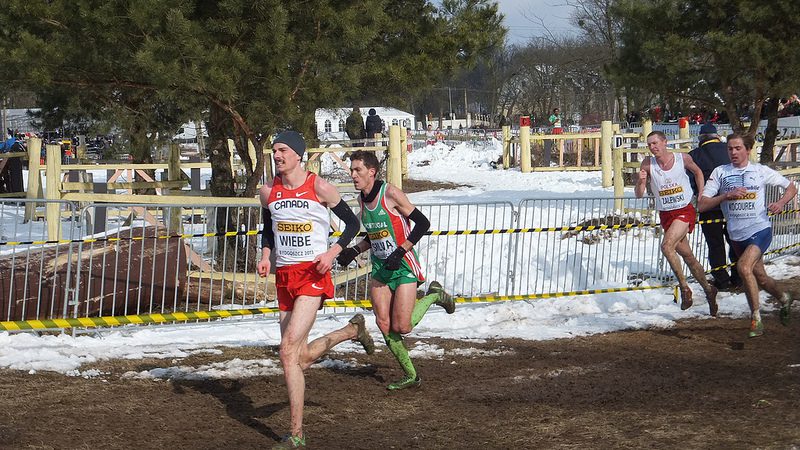International body hosts seminar on reinvigorating cross-country


There’s a push to get cross-country back in the Olympics, but many runners seem less and less interested in taking part.
The International Association of Athletics Federations held a global seminar on cross-country running on Monday, Dec. 9. The purpose of the seminar was to discuss the global state of cross-country, which has been struggling in recent years with a lack of interest not only from spectators, but also athletes.
The seminar was chaired by Seb Coe, who headed the organizing committee for the London Olympics and won two Olympic gold medals in the 1500m during the 1980s.
The Canadian cross-country scene has been having similar debates recently. There’s been a drop in participation numbers at national championships and many of the country’s top athletes choose not to race. Some of the Canada’s best athletes will race if it fits into their schedule well, but few train with a major goal being a top performance at the national cross-country championships.
This is in contrast with a huge and continuing surge in the popularity of recreational running.
The sport has experienced a decline in popularity since East Africans began dominating during the 1990s. Without top North American and European talent to watch, many spectators switched stations to events that have more funding, road racing being the primary example. Many athletes have also largely migrated to where the money is, leaving cross-country behind for races that offer appearance fees and larger prize pots. Many of the top talents in the world skip what was once an important development stage in cross-country and international track and field, heading straight for the money in large road races. Without an increase in funding the sport stands to suffer further still.
The races have also become less and less like what had in the past been considered cross-country. The seminar discussed the possibility of making the courses more challenging and less similar to road-races on the grass.
A preposition that came out of the seminar was including cross-country running in the Olympics again. It was included between 1912 and 1924. Having spaces on an Olympic teams would likely increase interest in competing for coveted spots.
The seminar was well attended by many prominent figures in the track and field and cross-country communities.
“I am really pleased that such a wealth of expertise in a single discipline could come together. We have a challenge to maintain a global perspective on this aspect of the sport, which not only has great tradition, but tremendous potential not only as a unique discipline but as a bedrock of endurance running,” said Coe.


